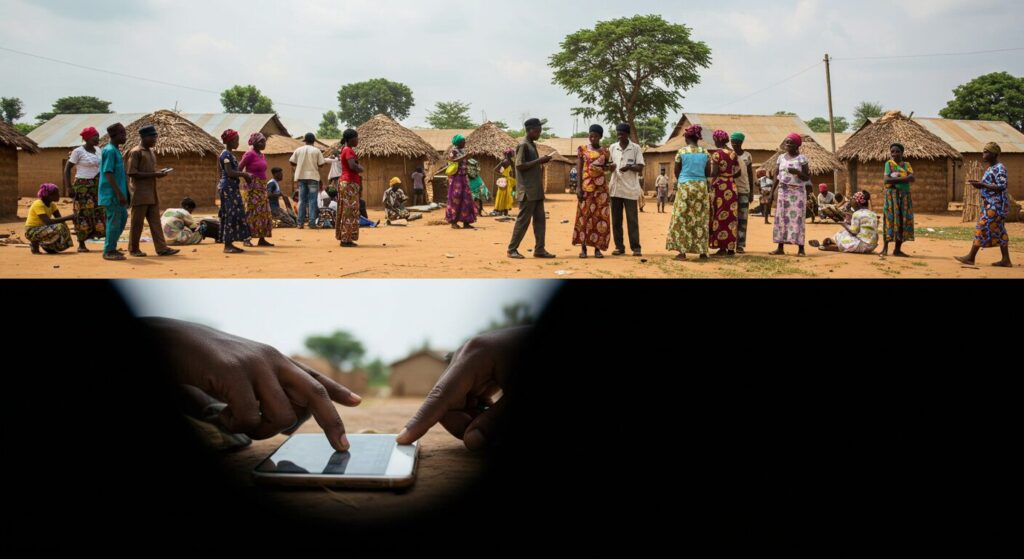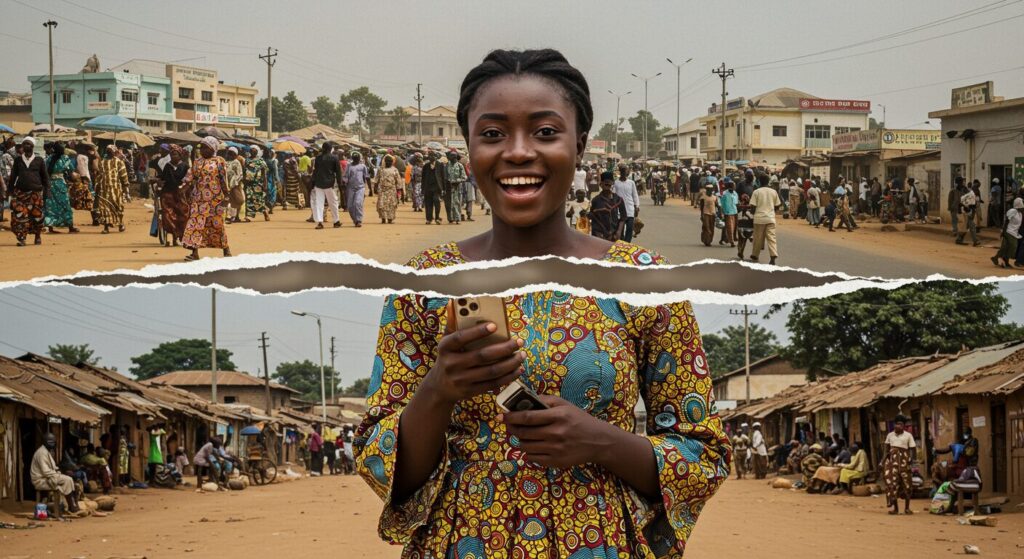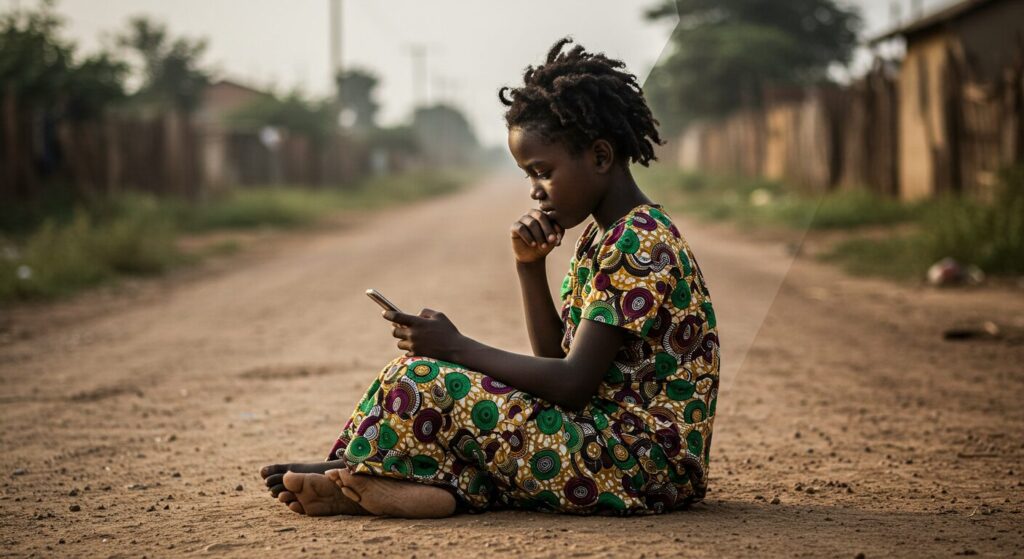Five months after Nigeria’s telecoms regulator approved a tariff hike for data and airtime, ordinary Nigerians are feeling the heat—spending as much as ₦30,000 monthly to stay connected.
A street vox pop conducted by Technology Times TV across Lagos offers a compelling snapshot of how the rising cost of data is reshaping the digital lives of everyday Nigerians—students, creatives, traders and professionals—many of whom now say they are struggling to cope.
The responses paint a vivid human picture behind the decision of the Nigerian Communications Commission (NCC) approving upward adjustments in telecoms tariffs. What’s emerging is a growing disconnect between the affordability of internet access and the nation’s accelerating push towards a digital economy.
The responses paint a vivid human picture behind the March 2024 decision of the Nigerian Communications Commission (NCC) approving upward adjustments in telecoms tariffs. What’s emerging is a growing disconnect between the affordability of internet access and the nation’s accelerating push towards a digital economy.
Data: A luxury or a lifeline?
Across the board, many respondents reveal that their monthly data expenses have ballooned to around ₦30,000—an amount equivalent to nearly half of Nigeria’s national minimum wage. And yet, they still complain of inconsistent network service and poor value for money.
“I use Glo and spend almost ₦30,000 monthly. But it’s a very bad network—very, very bad,” one Lagos resident who also admits switching to a second provider despite being in debt to that service says.
A TikTok user, for instance, admits he doesn’t even try to conserve data anymore because everything “finishes too fast”. Another, who identifies as an author, shares how she missed an important publishing deadline due to poor network connectivity—despite subscribing to a ₦1,000 data plan for just 3.2GB.
“It was raining that day and the network just vanished,” she explains, visibly frustrated. “No matter what tricks you use, data will expire when it wants to expire.”

When Airtime Becomes a Burden
One former data reseller, once reliant on bulk sales to generate income, has now shut down the business completely. The reason? Rising costs have driven customers away from large data purchases.
“One gig used to be ₦3000 or ₦4000. Now it’s ₦800, even ₦1,000 in some cases. Nobody’s buying like before,” he says. His voice echoes a broader sentiment of disenfranchisement among informal workers in Nigeria’s digital economy.
For those who still run businesses online or rely on cloud-based tools for creative work, the impact is even sharper. A graphics designer tells Technology Times TV that she now switches between MTN and Airtel, buying 5GB daily to manage projects on Canva and Lightroom. That costs her over ₦20,000 every month—and still, he often ends up downgrading video quality on YouTube just to save data.
“Everything’s gone crazy since the tariffs went up. Sometimes I struggle to recharge even when I have urgent client jobs,” he says.

Unlimited plans, limited service
For others who try to sidestep daily charges by subscribing to unlimited plans, the experience isn’t much better. One subscriber to Airtel’s ₦30,000-per-month unlimited 20Mbps plan says, “The service is bad. You could be on 5G now, then it drops to 4G, then 3G. And sometimes, even with 3G, you can’t connect to the internet at all.”
Another Lagosian laments that even DStv, the satellite television service, adds to the burden—charging full rates even during power cuts. “It’s like we don’t have a government. If there’s no light, the subscription should pause,” he argues.
Call for regulatory intervention
The prevailing sentiment among respondents is clear: something needs to change, and fast. Many believe that telecoms operators and regulators must find ways to make data more affordable and reliable—especially in a country aiming to digitalise public services, education, commerce and governance.
“If you calculate what we spend and what we gain, we’re losing,” says one Lagos resident bluntly. “The government should step in. Everything is digital now, but we can’t afford to stay online.”

A digital future in jeopardy?
Nigeria is Africa’s largest telecoms market by subscription numbers, and a leader in mobile internet use. Yet the testimonies from Lagos streets hint at a growing digital inequality that may widen if rising costs continue unchecked.
For a country betting its future on digital transformation—from online learning to e-governance and fintech—the current trajectory may risk excluding the very people it aims to empower.
As one user summed it up, “Data is life. But at this rate, staying alive online is becoming too expensive.”
Source of Article

